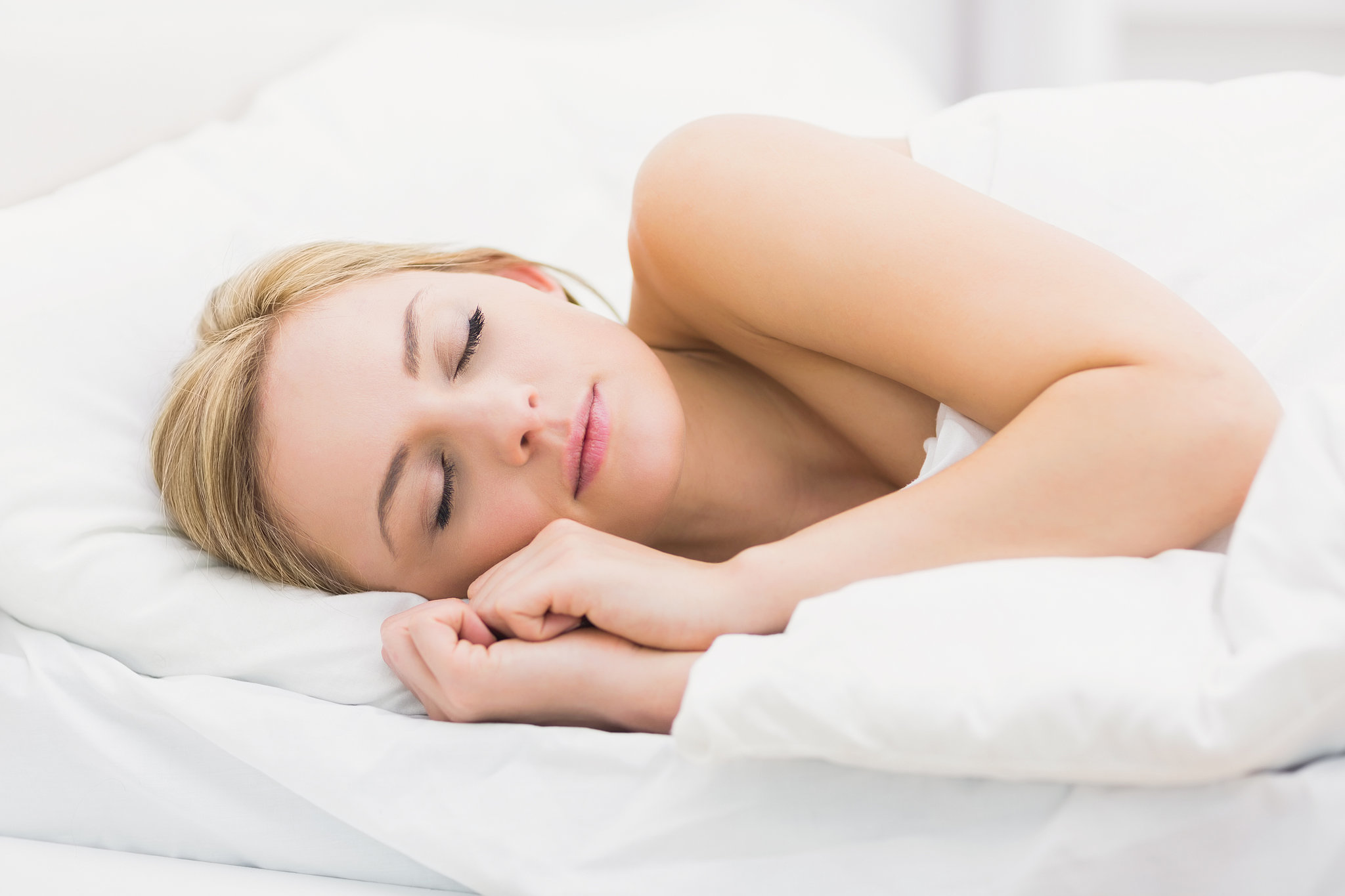Sleep efficiency is basically the time that you are actually asleep compared to the time in which you lie down in the bed. There are tons of different opinions when it comes to sleep efficiency, how much is just enough for a person and quality issues determine if certain sleeps are good enough for the person or not. With this being said if someone were to lie in bed for 8 hours, and then sleep for 8 hours, he has 100% sleep efficiency and should function at his best during the day. Those who lie in bed for 10 hours, but only get 4 hours' sleep only have a 40% sleep efficiency which could be affecting their everyday life.

Do I Sleep Efficiently?
You do not have an efficient sleep, if you:
- Feel tired or sleepy during the day;
- Have difficulty staying awake when reading or even watching television;
- Can't concentrate on what you are doing;
- Always react slowly when asked;
- Have trouble in controlling your emotions;
- Want take a nap all the time during the day.
Actually, the amount of sleep as well as the quality of sleep plays a role in determining one's sleep efficiency. On average, science has stated that teenagers need 8 to 9 hours of sleep, while adults need 7 to 9 hours per night.This does refer to actively sleeping rather than lying in bed. Let's find out whether you have an efficient sleep or not.
How to Sleep Efficiently
1. When to Sleep
Most people may claim that they are morning people or perhaps they perform their best at night. However, studies have shown that everyone essentially needs to sleep at night. In addition, a nap during the afternoon is also proven to be a natural sleep time for most people. However, naps have to be restricted if they're going to interfere with night time sleeping, which is often the case when a person takes a really long nap or takes this too late in the day. In many times, those who take naps wake up and feel worse than they did before the nap. This is known as sleep inertia.
2. Maintain a Regular Sleep Schedule
You should always go to bed at the same time every night, even on weekends when you may want to stay up late. In addition, wake up at the same time every day and be sure that your napping is not affecting your sleep efficiency. If you do lose sleep, try to take a nap rather than sleeping late to make up for this because the later may disturb your sleep rhythm.
3. Create a Sleep Friendly Bedroom
The room in which you sleep can make a huge difference, therefore be sure your bed is comfortable, the room is cool, dark and the noise around your room and house will not disturb your sleep. In addition, your bed should only be used for sleeping and sex to ensure your brain knows that it is the place to sleep.
4. Avoid Stimulants
Try to avoid drinking caffeine after lunch time, as the caffeine can still have an effect up to 10 hours after getting into your system. In addition, foods that have sugars should be avoided as well. Those who smoke may want to avoid cigarettes before bedtime as nicotine is a stimulant. Food in general can be a stimulant if eaten too close to bedtime. A good rule of thumb is to avoid large meals at least 3 hours before going to sleep.
5. Do Proper Exercise
It is recommended that a person get 150 minutes of exercise per week as this can help the body to sleep even better. The best option is to work out in the morning or at afternoon. Late afternoon exercises can work against you and, as exercise releases feel-good endorphins which can cause you to be sober and make it harder to sleep during the night. What's more, be sure not to over exhaust yourself because this can reduce your current sleep efficiency.
6. Other Methods for Efficient Sleep
- Try to put yourself into the sunlight in the morning times. This could mean eating breakfast by a window or even taking a walk in the morning. So spend a few minutes walking, and you are likely to have a much better day.
- In addition, try to practice a relaxation technique throughout the day to help lower overall stress levels and help you to sleep more restfully at night.
- Having a warm bath and listening to some soothing music can help you get rid of stress and improve sleep efficiency.
Watch this video to learn what happens during the 5 sleep stages, why sleep is needed and what would happen if one does not get necessary sleep:
Ways to Measure Sleep Efficiency
Do you sleep well? Do you want to know if you sleep efficiently? There are two ways in which sleep efficiency is measured by doctors:
1. Monitor Brainwaves
This is the first method that was used for measuring a person’s sleep. Electrodes were attached to a person’s head, while the brain waves were monitored throughout the night. Doctors were looking for variations in the brain waves that indicate whether the person was resting properly. This is a long process and may take several tries in order to get a good diagnosis.
2. Observe Sleep Stages
This is a much easier process and used by most doctors these days. The human body has various sleep stages that can be observed through watching the body, monitoring heart rate and so forth. Those who get into REM sleep have rapid eye movement, which shows that this is a restorative sleep. In order to get a close observation, those who do this have to stay overnight at a sleep facility and doctors will continuously check on them.